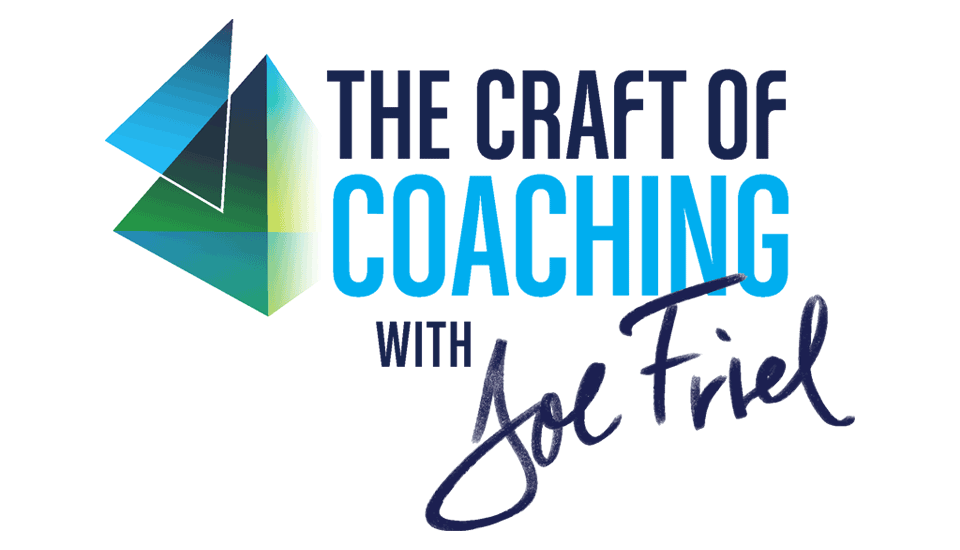Mike Ricci, D3 Multisport
As a business owner, Mike Ricci personally interviews prospective athletes so he can match them with the coach who is best-suited to help them reach their goals.
As a business owner, Mike Ricci personally interviews prospective athletes so he can match them with the coach who is best-suited to help them reach their goals.
